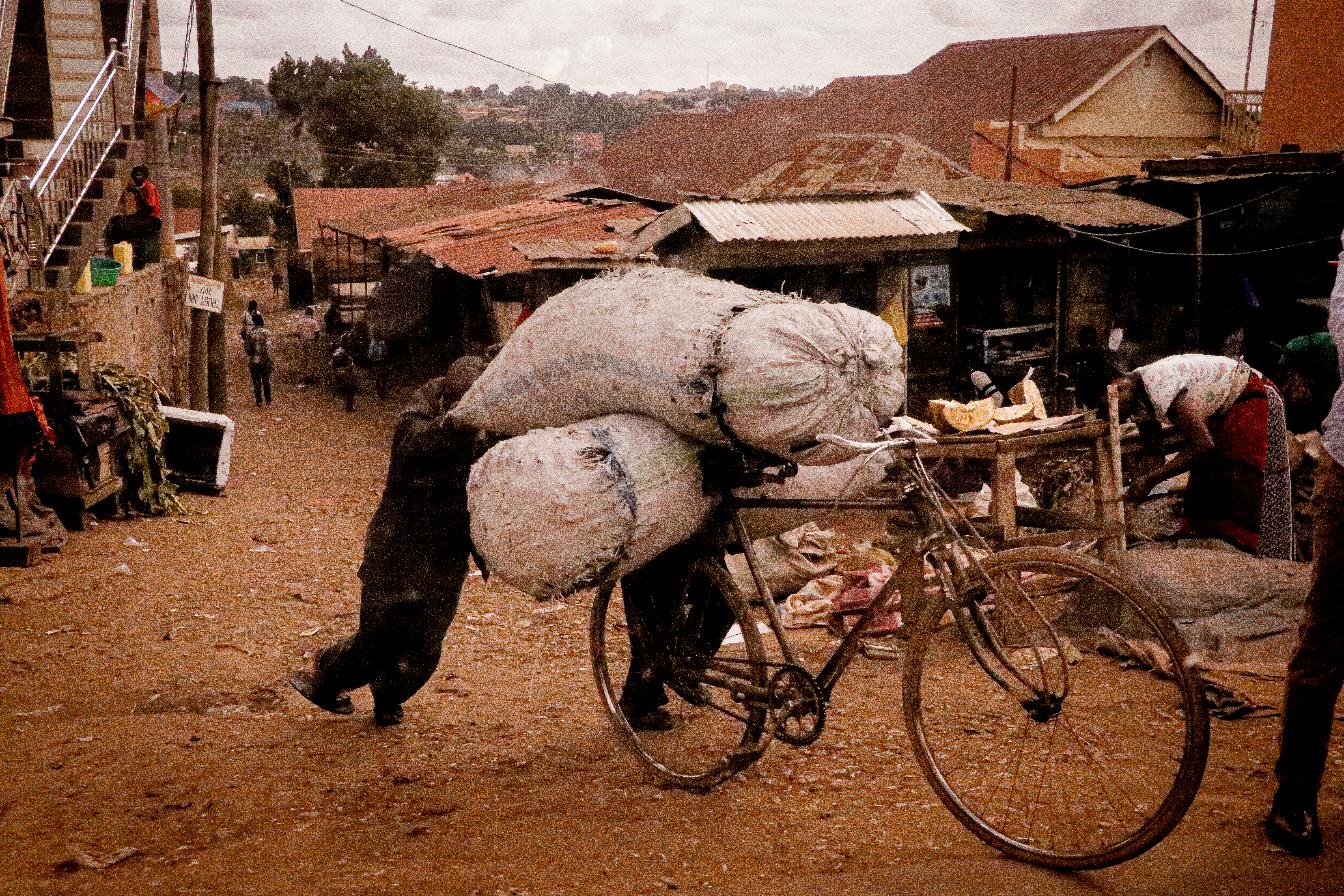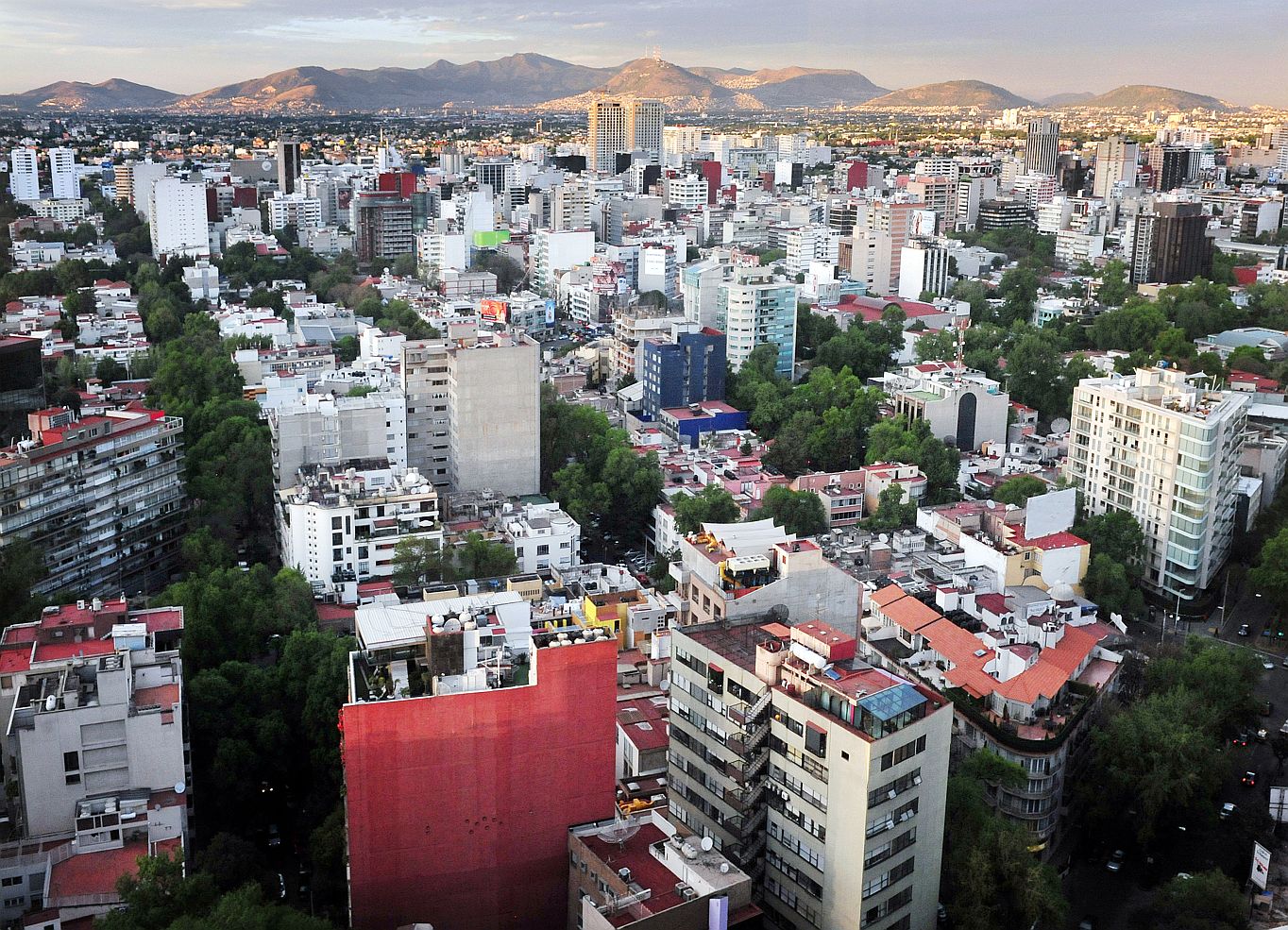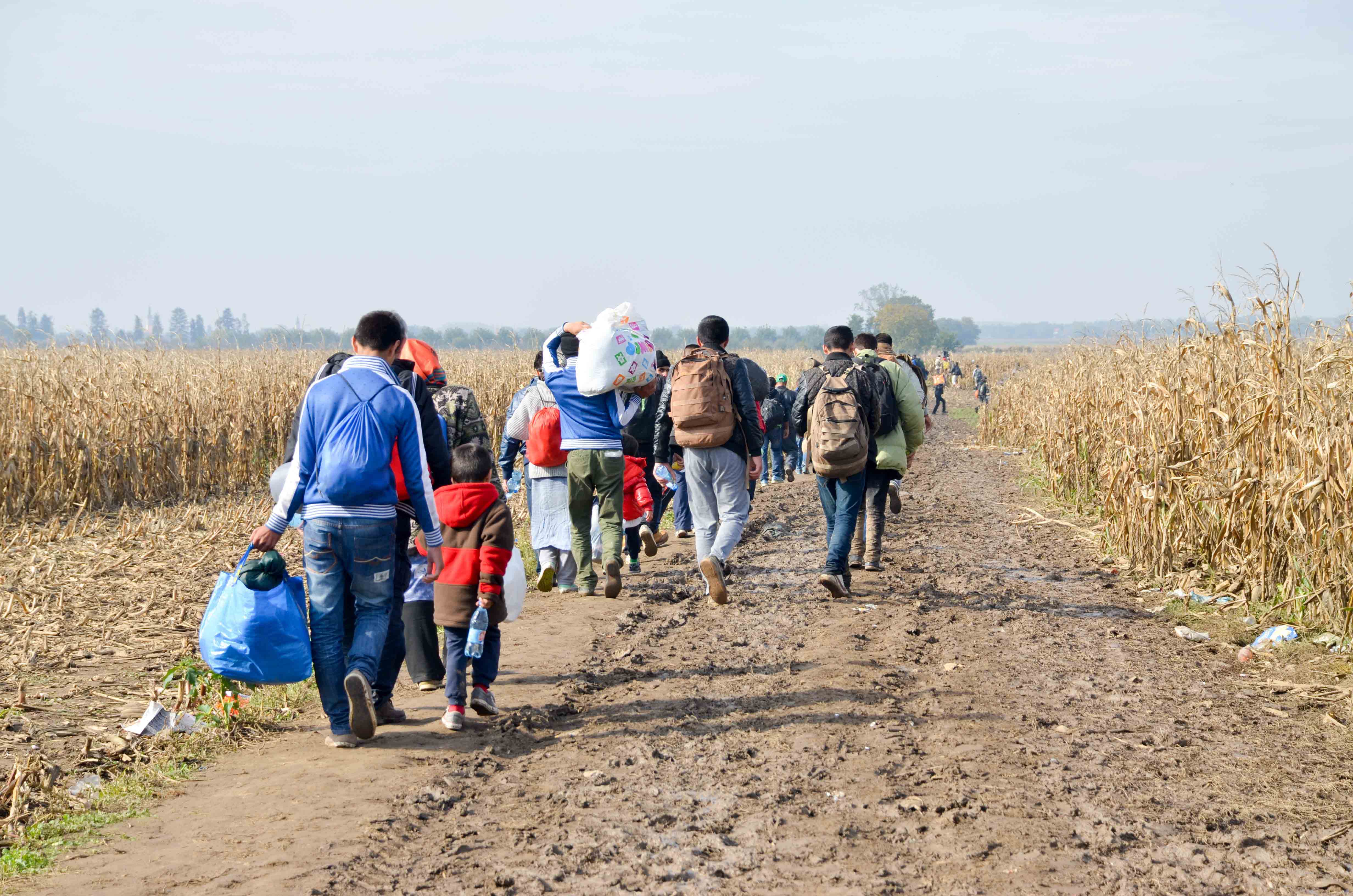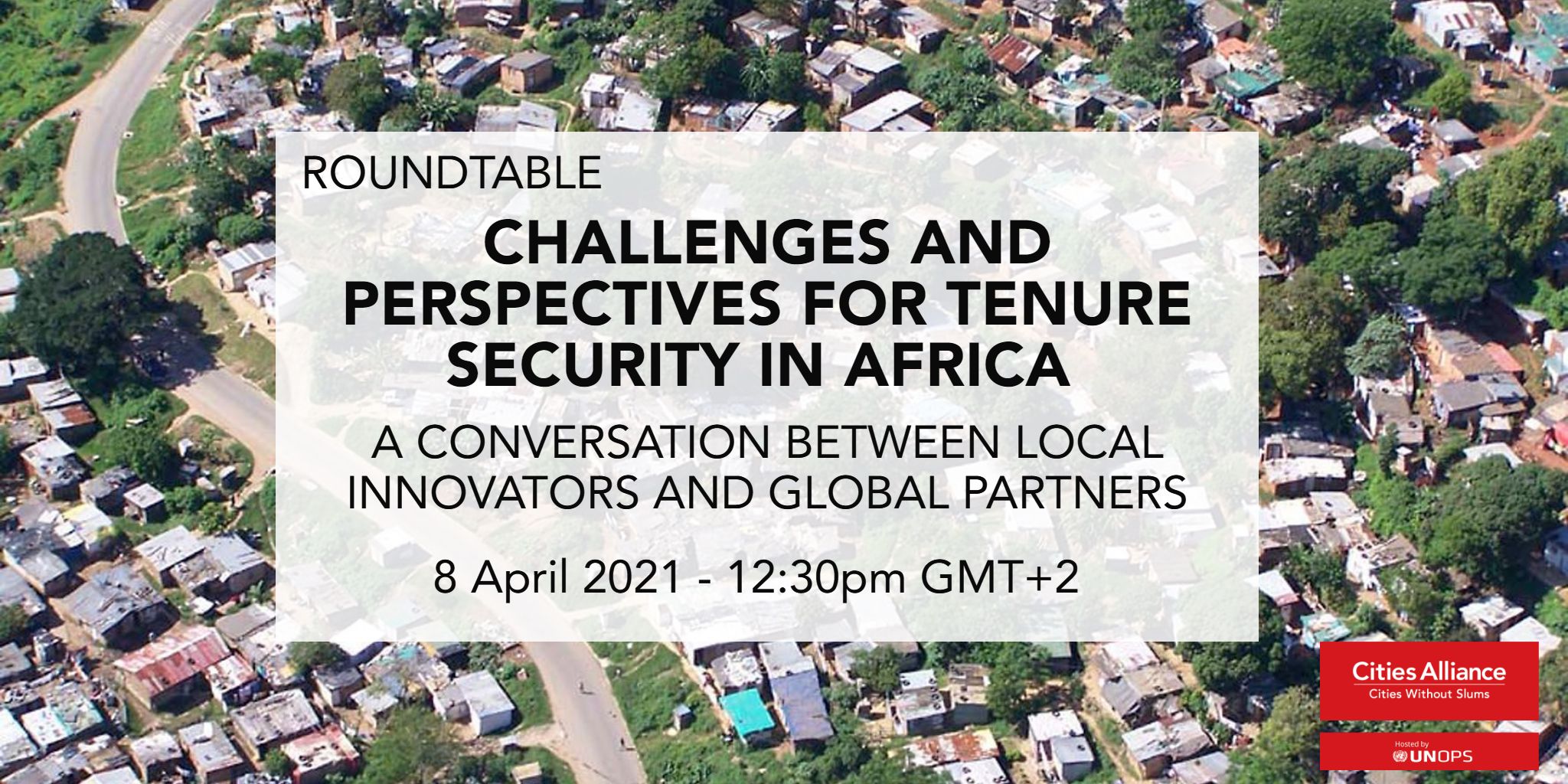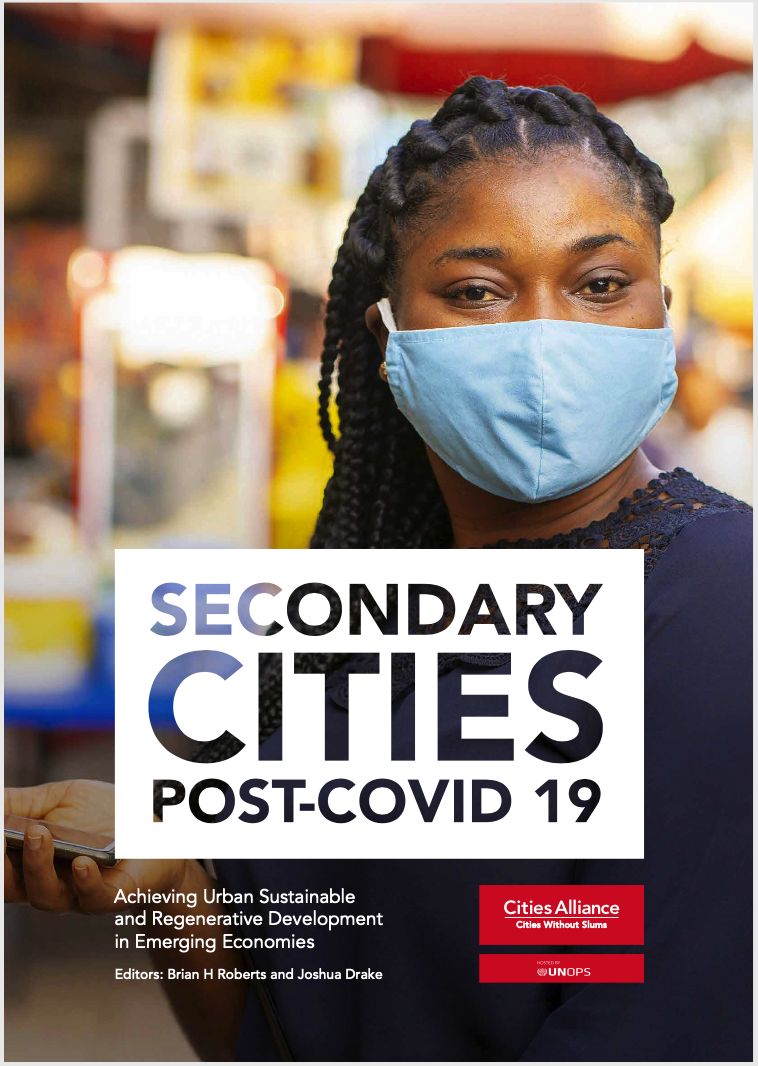I am pleased to introduce this quarterly newsletter, particularly because this is the first opportunity to do so since I recently took over as Director from Billy Cobbett. This edition highlights some of the most recent outcomes of our global and country programmes, such as crucial Covid-19 responses in informal settlements, our work on gender equality, migration, informality, innovation, and climate adaptation in cities.
Greg Munro, Cities Alliance Director
What's on at the Secretariat
Annual Report and Scorecard 2020: Cities Alliance Annual Report 2020 has been released. The report provides comprehensive information on the activities, challenges, and achievements of the Secretariat at global and country programme levels in the past year, amid the context of the pandemic. It also presents the outlook for 2021.
The pandemic has exposed the gross inequalities present in cities, particularly in developing countries, and the urgent need for development assistance that reaches the most vulnerable.
The report is complemented by the publication of the Corporate Scorecard, which serves as a summary of the organisation’s overall results and performance measured through 42 indicators that aggregate information from the various programmes. It provides information on the achievement of development results, effectiveness in achieving those results, and the efficiency of our operations.
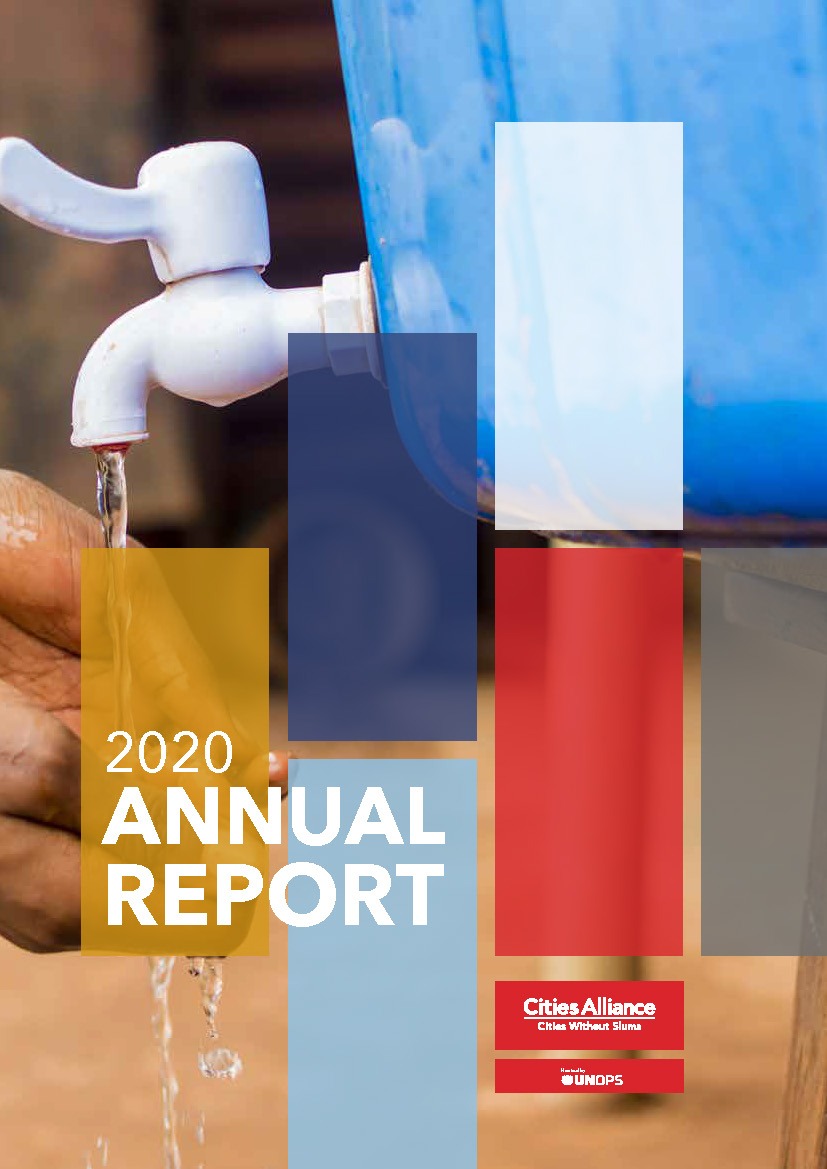
GLOBAL PROGRAMMES
Covid-19 Response
In March, Cities Alliance launched a new partnership with the World Bank and five affiliates of Slum Dwellers International to collect slum-level data in eight cities across Ghana, Kenya, Uganda, Sierra Leone, and India. The project aims to develop a city-wide informal settlements profile, including demographic data as well as GIS and service infrastructure maps. The information will be used to complement and improve the World Bank’s ongoing Covid-19 contagion-hotspot analysis, a tool to assist national governments and local stakeholders to predict and identify areas where the risk of virus exposure and community contagion is potentially higher. Learn more.
Through our Covid-19 response initiative in partnership with SDI, we continue to support informal communities in 17 countries including Brazil, the Philippines, India, Malawi, Uganda, and Zimbabwe. Since the beginning of the year, more than 15,000 face masks and 160 hand washing facilities have been distributed in informal settlements, markets, and schools. Over 4,000 community members have also received training in secure savings practices and small business management to help them create and improve their livelihoods. Learn more
Climate Change / Resilience
We participated in the Climate Adaptation Summit in January, through a side event, in cooperation with Sida and BMZ. During the event, a video produced by Cities Alliance was presented, highlighting the current community-led projects in Somalia, Uganda, Kenya, Myanmar and Bangladesh, supported through our 2020 Innovation call on climate adaptation. The initiatives cover issues such as the creation of climate-resilient livelihoods, climate disaster risk reduction, and the use of innovative technologies. Watch the video
https://www.youtube.com/watch?v=zwkHhCRK9tM&t=4s
Cities Alliance has joined the Cities Climate Finance Leadership Alliance (CCFLA) as an observer. The CCFLA is a multi-level and multi-stakeholder coalition aimed at closing the investment gap for urban climate projects and infrastructure worldwide. The Alliance provides a platform to convene and exchange knowledge among all relevant actors dedicated to urban development, climate action, and/or financing.
Cities and Migration
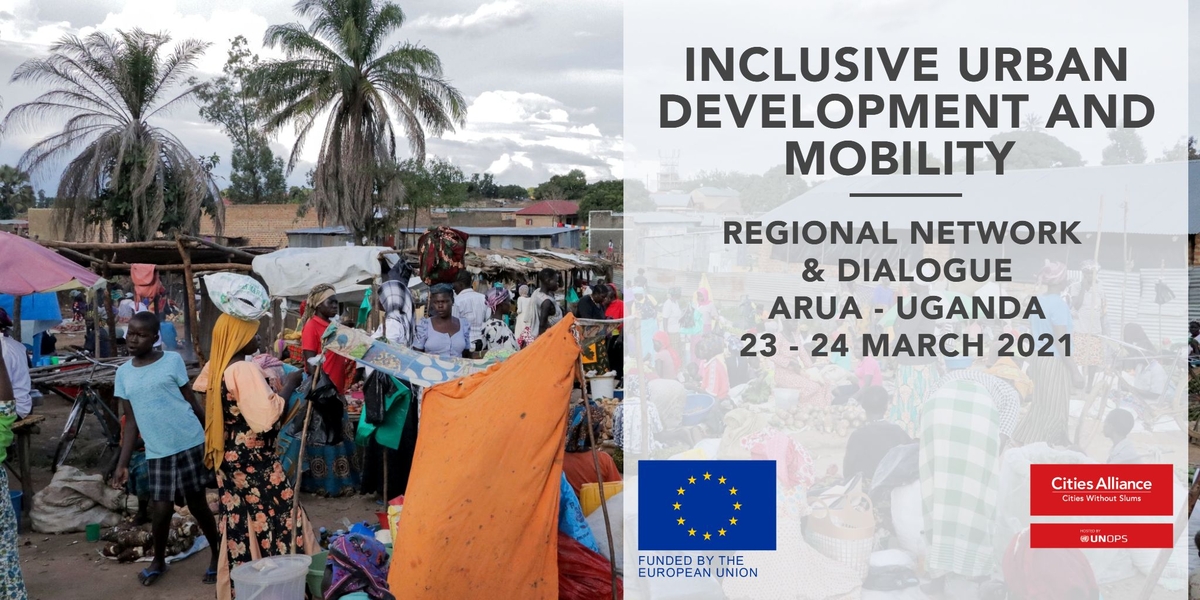
In March, Cities Alliance launched the new EU-funded project Comprehensive Refugee Response Framework (CRRF): Inclusive Urban Development and Mobility. The project, implemented within the frame of the European Emergency Trust Fund for Africa aims to help seven secondary cities in four countries (Somalia, Ethiopia, Kenya, and Uganda) to address the challenges of the rising number of displaced people being hosted in urban areas. The new initiative was inaugurated during a peer-learning regional event organized in Arua, Uganda, with the mayors of the seven cities and representatives from host communities and refugee-led organisations. Learn more
The Cities and Migration Programme, supported by SDC, hosted two three-day workshops in Jinja, Uganda and Jigjigia, Ethiopia in March. During the events, urban teams from eight cities prepared their urban expansion plans and discussed their implementation with national counterparts, on aspects such as land acquisition and financing of roads and basic infrastructure. Participants were highly engaged and committed to making their cities a better place for both residents and newcomers.
I am excited about this Programme because it comes with realistic solutions to plan for our cities. In the workshop, we have shared knowledge that builds our confidence that we are able to implement the expansion plans ourselves, with our communities and with the resources we already have.
Edidah Busingye, Ugandan Ministry of Local Affairs
Cities Alliance supported its partner, Jigjiga University in Ethiopia, to convene the first Somali Regional Diaspora Dialogue Forum in February. 30 participants from the local and regional government, private sector, academia, and the diaspora community discussed how to strengthen the diaspora’s already significant contribution to the local economy. The recommendation feed into the Diaspora Engagement Strategy developed by the University in cooperation with local and regional authorities and supported by Cities Alliance and the Swiss Agency for Development and Cooperation.
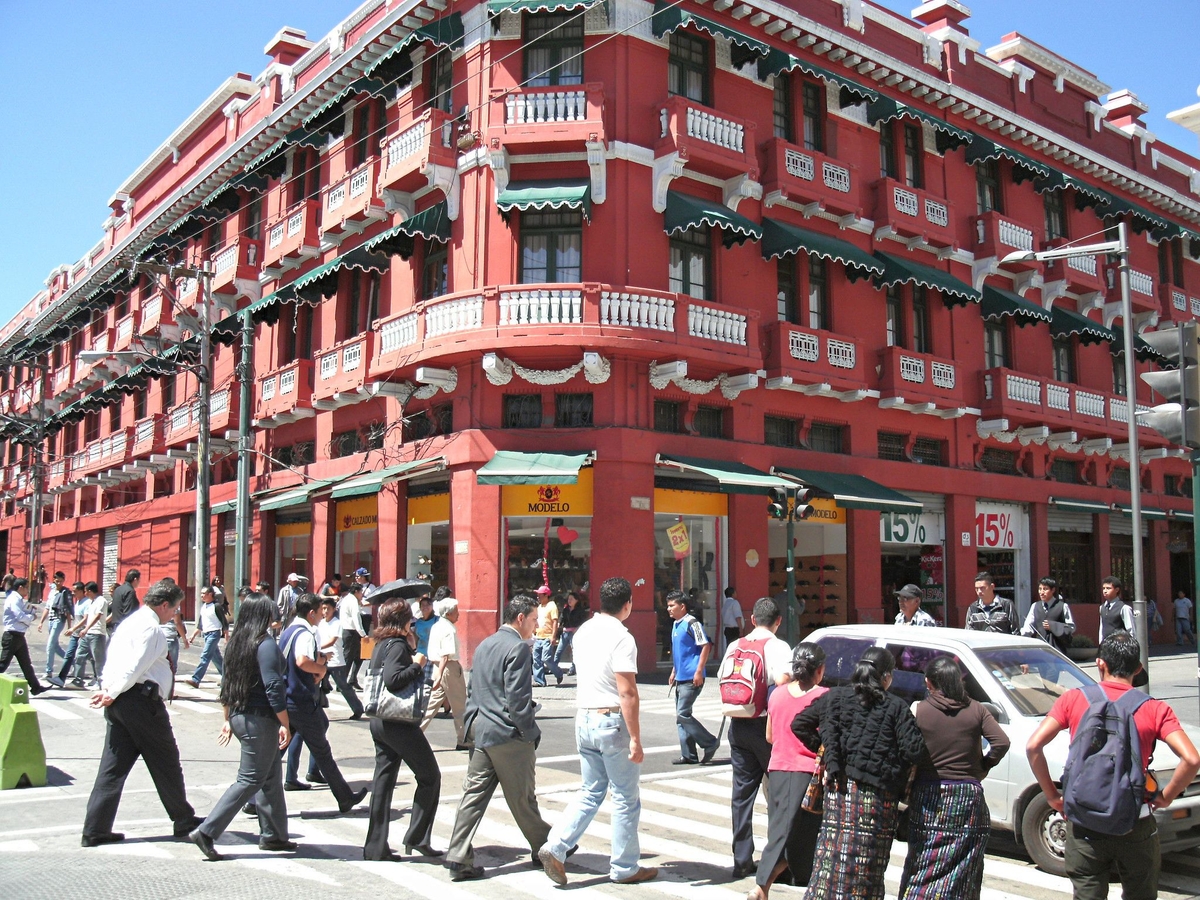
This Housing Laboratory (LAV) co-organized by Cities Alliance in April, explored the key role of data transparency in remittances, which count for nearly 14 percent of Guatemala's GDP. The LAV explored the mechanisms for data collection, systematization, and analysis as key axes of work to fully benefit from the opportunities offered by remittances including the provision of better housing conditions. The discussants recommended the creation of a Remittances Observatory for Guatemala. Cities Alliance member organizations participated in the high-level panel including Hans-Ruedi Bortis, Swiss Ambassador to Guatemala, and Dilip Ratha, Lead Economist, Migration and Remittances at the World Bank.
Informality / Latin America
Ministers and high-level housing and urban authorities from Central America and the Dominican Republic approved a political resolution to support the implementation of the Regional Plan for the Implementation of the New Urban Agenda (PRINAU). Cities Alliance facilitated the consultation process with non-governmental stakeholders through the Housing Laboratories (LAVs), mobilizing key institutions and helping to identify priorities and next steps for the implementation of the plan.
The pandemic has exposed serious inequities in Latin America and the Caribbean and further impacted the vulnerability and precariousness of settlements and housing in the communities. The IV Latin American and the Caribbean Housing Forum seeks to generate ideas to overcome the crisis in social housing and informal settlements and that contribute to economic reactivation and social equity. Cities Alliance will be hosting four sessions during the Forum on legal frameworks for settlement planning, slum upgrading, and the nexus between urban migration and housing. Learn more
Innovation
Webinar on Land Tenure: A roundtable on the lessons learned from the Secure Tenure in African Cities initiative, with our partners from recent projects in Ivory Coast, Kenya, South Africa, DRC, and Zanzibar and Cities Alliance members. Learn more
Cities for Women
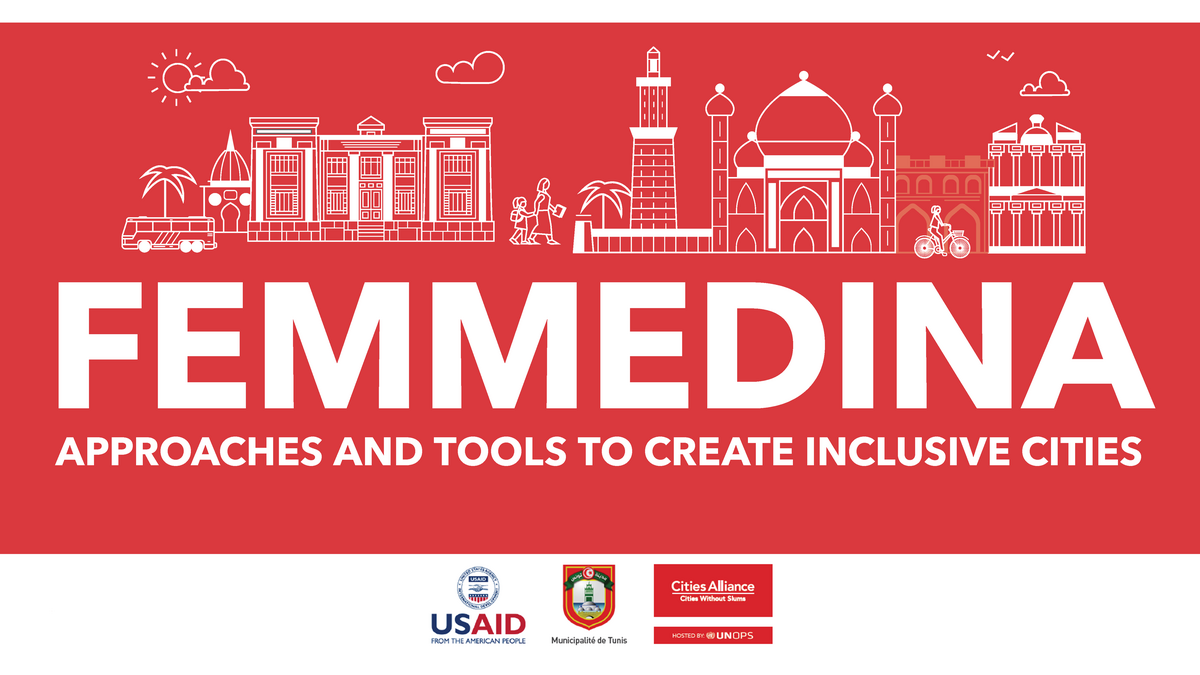
A workshop was organized in Tunis, in March with women and local stakeholders within the framework of the Femmedina project, to identify and co-create possible interventions in public spaces. This is part of a wider process of data collection in the Medina to identify priorities and needs for women’s engagement in the area, which involved 120 field survey respondents and 11 in-depth consultations with key local stakeholders. A report, including policy and planning recommendations, as well as proposed interventions, will be launched with an event in Tunis in July 2021.
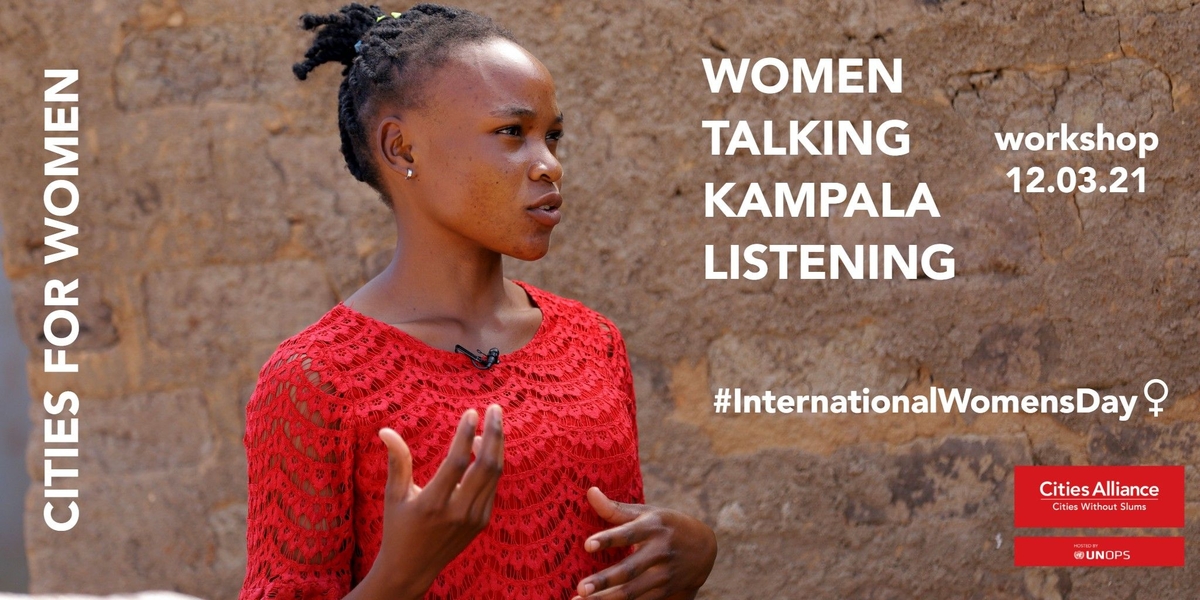
Cities for Women, with the support of the Uganda country team, organized an urban assessment workshop in Kampala. The 42 participants of the Women Talking, Kampala Listening workshop identified obstacles and enablers for women’s engagement in the city’s urban governance and suggested recommendations to promote women’s active participation. The results of this process, captured in an upcoming report, will inform other Cities Alliance initiatives in Uganda, including the Kampala‑Jinja Expressway “No One Worse Off” project and specific Covid-19 responses in informal settlements.
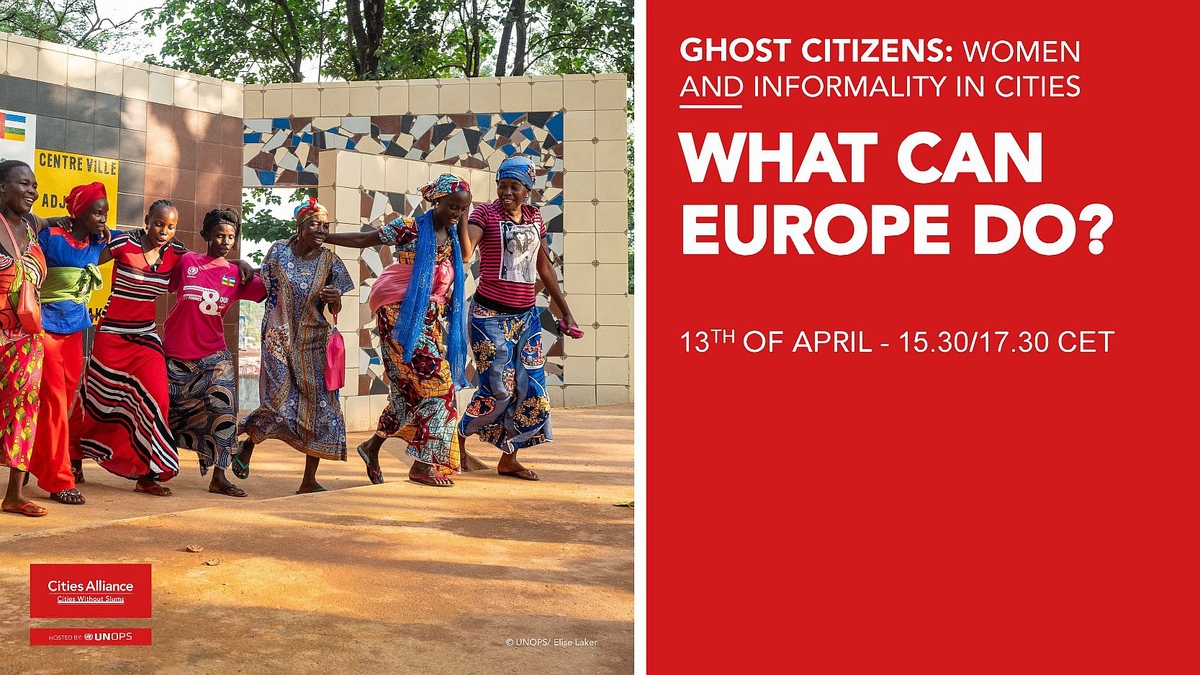
Within the framework of the new EU Gender Action Plan (GAP III) providing the gender priorities for the EU external action 2021-2027, Cities Alliance organised a webinar in April. The discussion Women and Informality in Cities. What can Europe do?, was an opportunity for community leaders, gender, and urban experts to share experiences and ideas with EU policymakers on how to shape future policies and actions regarding women living and working in informality. Cities Alliance members, including WIEGO and IIED were part of the expert’s panel. As a follow up, a position paper with key recommendations will be released in the coming weeks.
COUNTRY PROGRAMMES
Liberia
The country programme completed a 5-day capacity building for CBEs and SMEs in Human Resource Management, Monitoring and Evaluation, Quality Service Delivery, Administration and Management and Financial Management. The objective of the training was to strengthen the capacity of CBEs to manage and sustain their waste collection model in Greater Monrovia and improve their financial capabilities. The training benefited over 100 participants from 44 CBEs.
CBEs employ mainly unskilled labour with no capacity in financial management, human resources, or service delivery. I am sure I will use the knowledge to improve my customer care relationship and services to my clients.
Alphonso Kamara, one of the participants in the training.
Cities Alliance distributed hygiene materials to vulnerable communities in 10 informal settlements across Greater Monrovia. The donation, supported by the Foreign, Commonwealth & Development Office (FCDO) included hand washing buckets, powder, bar, and liquid soap, chlorine, and hand sanitizers. This is part of a wider FCDO funded initiative to ensure that residents of informal settlements are better prepared to protect themselves against Covid-19, reduce the spread of the disease and maintain vital livelihoods, markets, and services. Learn more.
In March, the Liberia country programme began training school environmental clubs in Greater Monrovia. The initiative targets 20 schools in Monrovia and Paynesville with a total of 1,000 schoolchildren. So far half of the target has already been reached. Through the sessions, the youth are sensitized to proper solid waste management and climate resilience practices. The trainings are conducted in collaboration with the Environmental Protection Agency (EPA), the cities of Monrovia and Paynesville, and the Community Based Enterprises (CBEs), with support from the European Union. As part of the project, Cities Alliance has produced a comic book on the 4Rs principles of waste management (Reduce, Reuse, Recycle and Recover) as an engaging way to convey key messages using local characters, terms, and settings children can easily relate to. A copy of the book is being distributed to each participant.
Tunisia
On 28 April, a project to rehabilitate a park located in the city centre of Beja was launched by the city authorities, together with the National Federation of Tunisian Municipalities (FNCT) and Cities Alliance Tunisia country programme. This public space will provide citizens with playgrounds and areas of relaxation. This is one of the eight projects selected under the City Development Strategy framework currently being implemented by the country programme in collaboration with FNCT.
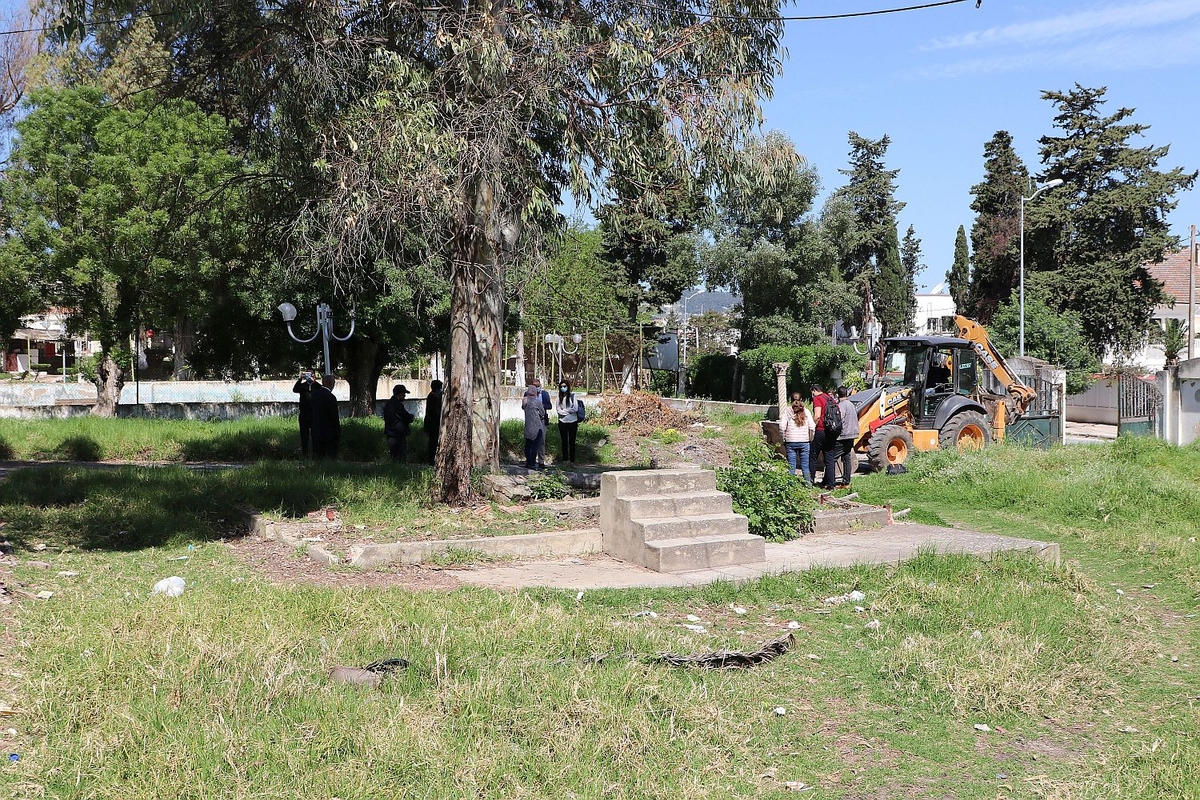
In April, the mayors of the Cities Alliance partner cities in Tunisia convened with national stakeholders on the next steps of the Madinatouna II project, namely the elaboration of the Local Development Plans and the implementation of short-term projects. The gathering included among other representatives from SECO - Embassy of Switzerland in Tunisia funder of Madinatouna, the ministries of Local Affairs, Land Management and Economy, FNCT, and Cities Alliance.
Uganda
KJE - No One Worse Off project: Cities Alliance has supported UNRA to ensure that the ten-kilometer stretch of the Kampala Jinja-Expressway does not sever off the community by identifying alternative access points as either flyover or underpasses in this stretch that goes through the informal settlements of Kasokoso and Kinawataka; as well as through the Nakawa Market.
NEWS
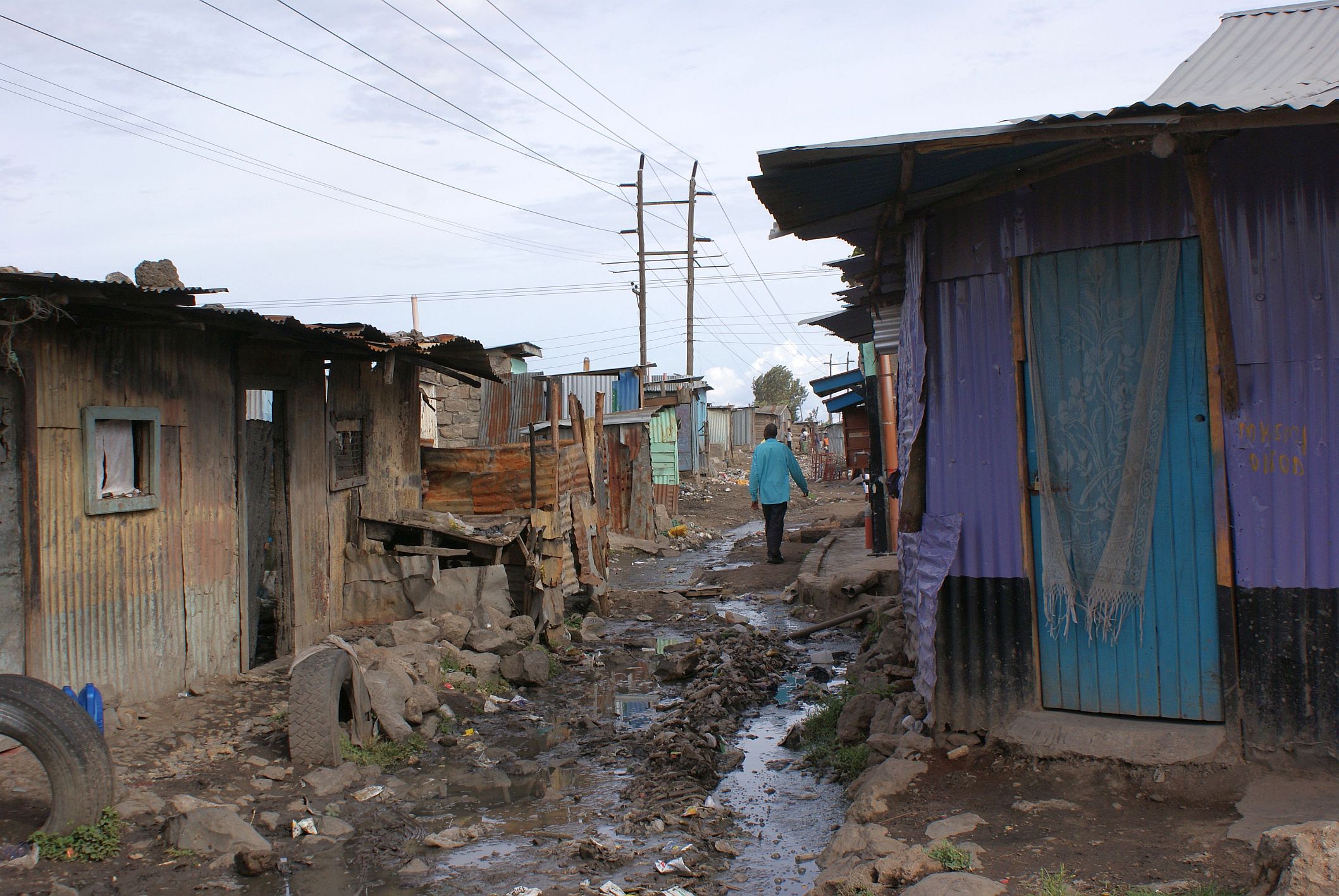
Article TRF Slum Upgrading in Kenya
